In the development history of building roofing materials, traditional roofing materials such as clay tiles, cement tiles, asphalt tiles, etc. have long dominated the market. With the continuous advancement of materials science, PVC resin tiles have gradually emerged as a new type of roofing material. It has significant differences from traditional roofing materials in many aspects, and these differences affect the selection and application of building roofing materials.
1. Raw material differences
Traditional roofing materials have their own characteristics in the selection of raw materials. Clay tiles are mainly made of clay as raw material, and are made through processes such as molding, drying and firing. The raw materials are widely available and the cost is relatively low, but the large-scale use of clay resources is somewhat contradictory to the protection of land resources. Cement tiles use cement, sand, water and other raw materials as the main raw materials. Some of them will add additives such as pigments. They are pressed or cast into shape by molds. The strength and durability of cement give cement tiles a certain bearing capacity. Asphalt tiles are mainly composed of glass fiber base and asphalt. Glass fiber provides structural strength, and asphalt plays a waterproof and bonding role.
PVC resin tiles use polyvinyl chloride (PVC) resin as the main raw material, add impact modifiers, stabilizers, colorants and other additives, and are extruded at high temperature. Polyvinyl chloride resin has good plasticity and chemical stability. By adding additives reasonably, the comprehensive performance of PVC resin tiles can be effectively improved. Unlike traditional roofing materials that rely on natural resources or high-energy consumption materials, the raw materials of PVC resin tiles are recyclable, which conforms to the concept of sustainable development and shows advantages in resource utilization and environmental protection.
2. Differences in physical properties
(I) Waterproof performance
The waterproof performance of traditional roofing materials has its own advantages and disadvantages. Clay tiles have certain pores and rely on overlap sealing between tiles. During long-term use, it is easy to have gaps increase and tiles break, resulting in rainwater leakage. Although the surface of cement tiles is relatively dense, improper treatment of the joints or cracks due to thermal expansion and contraction will also affect the waterproof effect. The waterproof performance of asphalt tiles depends on the integrity of the asphalt layer. Over time, the asphalt will gradually age, resulting in a decrease in waterproof ability.
The surface of PVC resin tiles is smooth and dense, with excellent waterproof performance. Its unique tile design, such as trapezoidal structure and overlap method, can effectively guide rainwater to drain quickly and reduce the possibility of rainwater penetration. At the same time, PVC resin itself does not absorb water and has stable chemical properties. It can maintain good waterproof performance for a long time under different climatic conditions, reducing the cost and frequency of roof waterproof maintenance.
(II) Weather resistance
Traditional roofing materials have obvious shortcomings in weather resistance. Clay tiles and cement tiles are easily affected by natural factors such as temperature changes, wind and rain erosion, and freeze-thaw cycles. In cold areas, freeze-thaw cycles will cause the water in the pores inside the tiles to freeze and expand, causing the tiles to crack and peel off; long-term ultraviolet radiation and wind and rain erosion will cause the surface color of the tiles to fade and the material to become loose. The weather resistance of asphalt tiles is also poor. At high temperatures, asphalt is easy to soften and flow, and at low temperatures, it becomes brittle and cracks, shortening its service life.
PVC resin tiles have excellent weather resistance. By adding stabilizers and other additives, it can maintain stable physical properties within the temperature range of -40℃ to 70℃, and is not prone to deformation, cracking and other problems. At the same time, its surface has good UV resistance, can effectively resist UV radiation, is not easy to fade and age after long-term use, and can maintain good performance even under harsh climatic conditions such as strong winds, heavy rains, hail, etc., extending the service life of the roof.
(III) Mechanical properties
The mechanical properties of traditional roofing materials have certain limitations. Clay tiles are brittle and have weak impact resistance. They are easily broken and damaged when impacted by external forces such as hail. Although cement tiles have certain strength, they are heavy and have high load-bearing requirements for roof structures, increasing the cost and construction difficulty of building structures. Asphalt tiles are thinner, lack strength and rigidity, and are difficult to withstand large loads.
PVC resin tiles have good mechanical properties. They have moderate density and light weight, generally only about one-third of traditional tiles, which reduces the load-bearing burden of roof structures and reduces construction costs. At the same time, PVC resin tiles have high impact resistance and can withstand external forces such as hail of a certain intensity without breaking. They also have good toughness and are not easily damaged during transportation and installation, which improves construction efficiency and material utilization.
3. Differences in installation and maintenance
Traditional roofing materials often require more labor and complex construction processes during installation. The installation of clay tiles and cement tiles requires laying tile strips, and the overlap between tiles requires precise operation to ensure the waterproof effect, and the installation efficiency is low. Although the installation of asphalt tiles is relatively simple, it has high requirements for the flatness of the base layer, and requires the use of special adhesives and nails to fix them. If the operation is improper during the construction process, it is easy to affect the waterproofing and overall effect.
The installation of PVC resin tiles is relatively simple and quick. It adopts a modular design, and the tile size specifications are uniform. It can be directly fixed on the roof purlin during installation, without the need to lay a complex base structure, reducing the construction process and labor costs. At the same time, the installation of PVC resin tiles is not strictly restricted by seasons and weather conditions, which shortens the construction period to a certain extent. In terms of maintenance, traditional roofing materials require regular inspection and maintenance due to their own performance and installation characteristics, such as repairing damaged tiles and handling waterproof joints. PVC resin tiles have a smooth surface, are not easy to accumulate dust and dirt, and have self-cleaning functions. Daily maintenance is simple, and only regular appearance inspections are required, which reduces maintenance workload and costs.
4. Differences in service life
Affected by raw materials and performance, the service life of traditional roofing materials is relatively short. Under normal conditions of use, the service life of clay tiles and cement tiles is generally around 15-25 years. If they encounter harsh environments or improper maintenance, the service life will be further shortened. The service life of asphalt tiles is usually 10-15 years, and the aging speed is fast, requiring frequent replacement.
PVC resin tiles have a long service life. Under normal use and reasonable maintenance, their service life can reach 30 years or even longer. This is due to their excellent weather resistance, waterproofness and mechanical properties, which can resist the erosion of the natural environment for a long time, maintain a good use state, reduce the replacement frequency of roofing materials, and reduce the cost of the entire life cycle of the building.
Web Menu
Product Search
Exit Menu
Industry News

Professionally Produce Roof Tiles
News categories
Product categories
RECENT POSTS
-
Eco-friendly Roofing Materials: How to Choose the Right Option for Sustainable Building
2026-02-20 -
8 Eco-friendly Roofing Materials to Consider When Building a Sustainable Roof
2026-02-16 -
Why Choose Eco-friendly Roofing Materials
2026-02-13 -
Are Chinese Roof Tiles Supporting Green Building Practices
2026-02-09
Comparative analysis of the differences between PVC resin tiles and traditional roofing materials
-
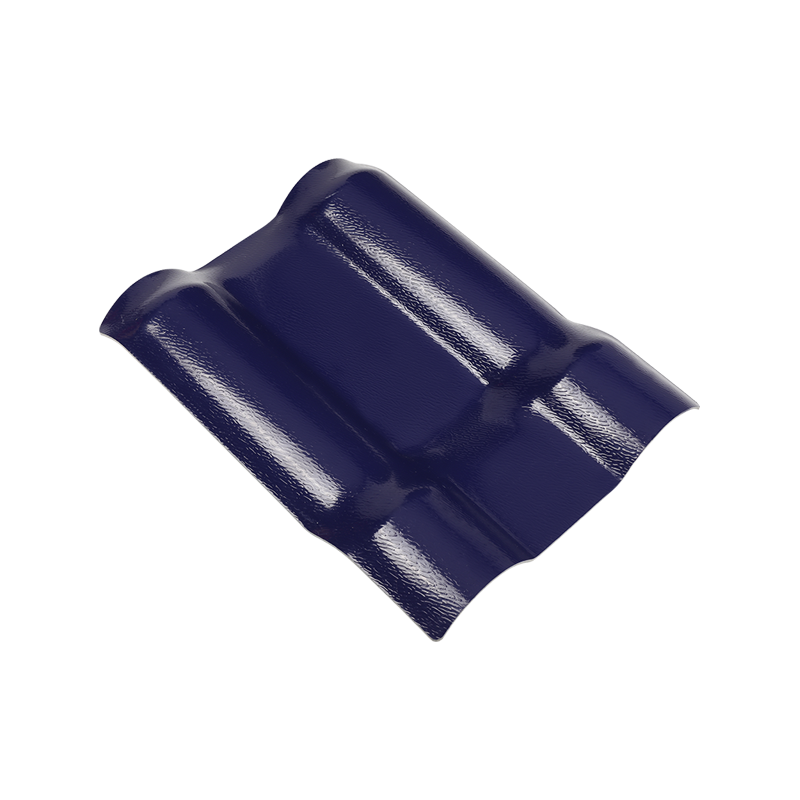
Durable life of 5-30 years as a synthetic resin tile commonly used width 1050mm ...
See Details -
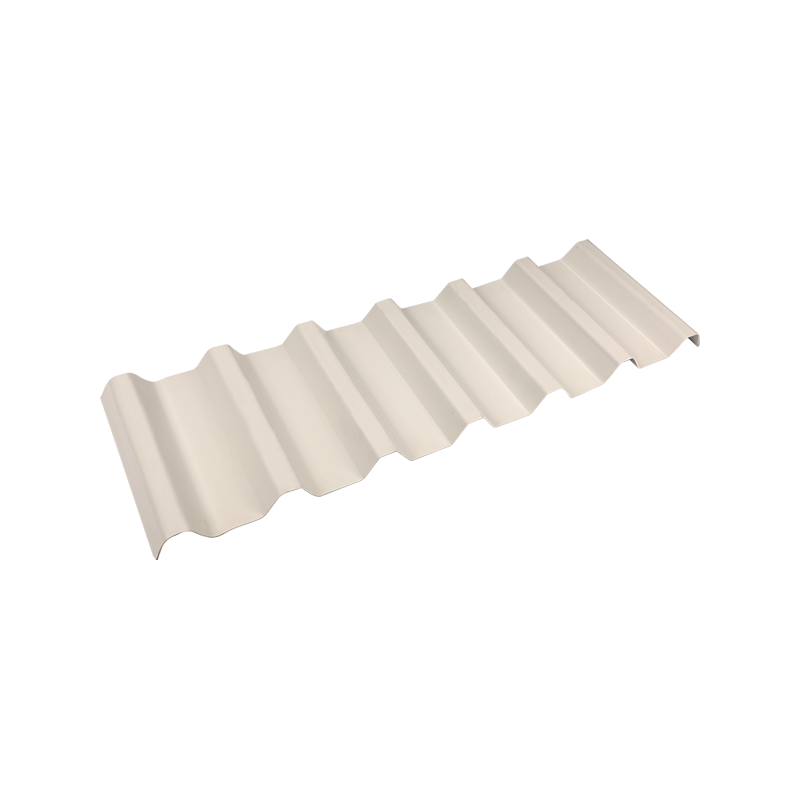
5-30 years of durability UV-PVC tiles are mainly made of Polyvinyl chloride (pvc...
See Details -
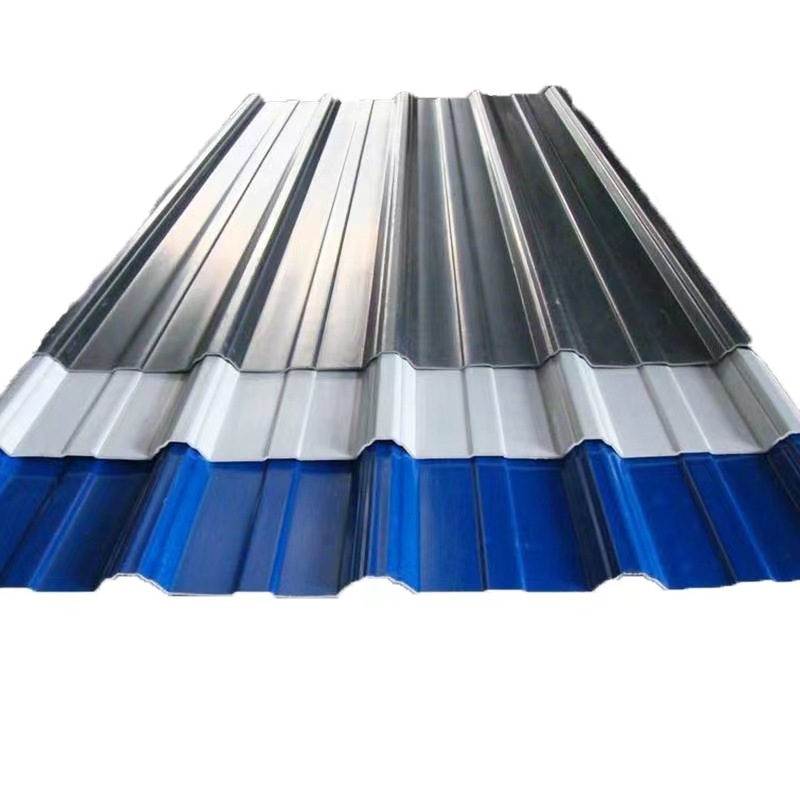
Color Steel Tiles, also known as colored corrugated tiles, are corrugated sheets...
See Details -
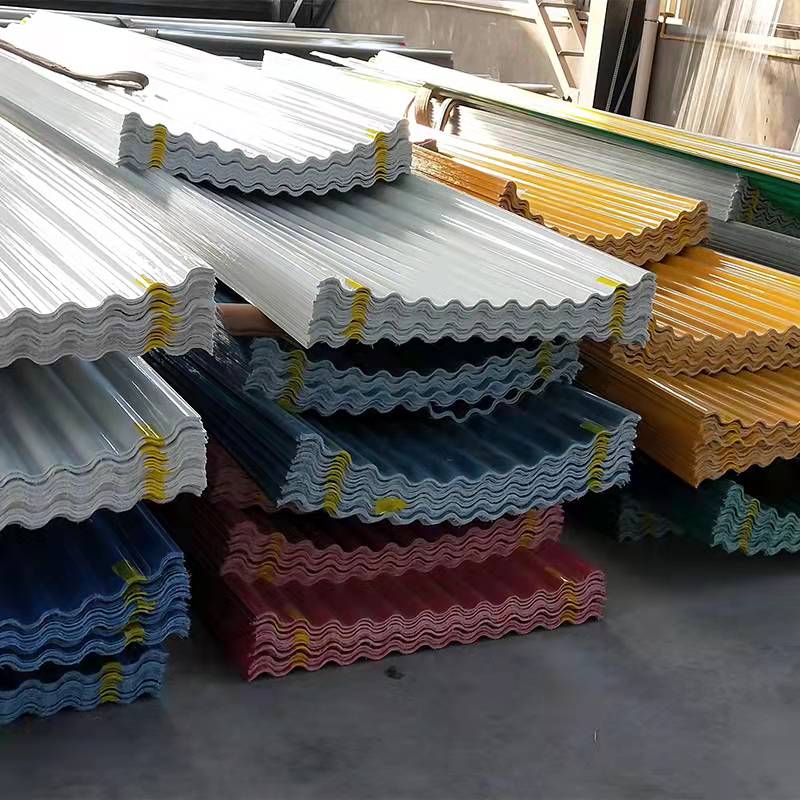
Chuanya Roof Tile, which is specialized in the production of FRP Lighting Tiles,...
See Details -
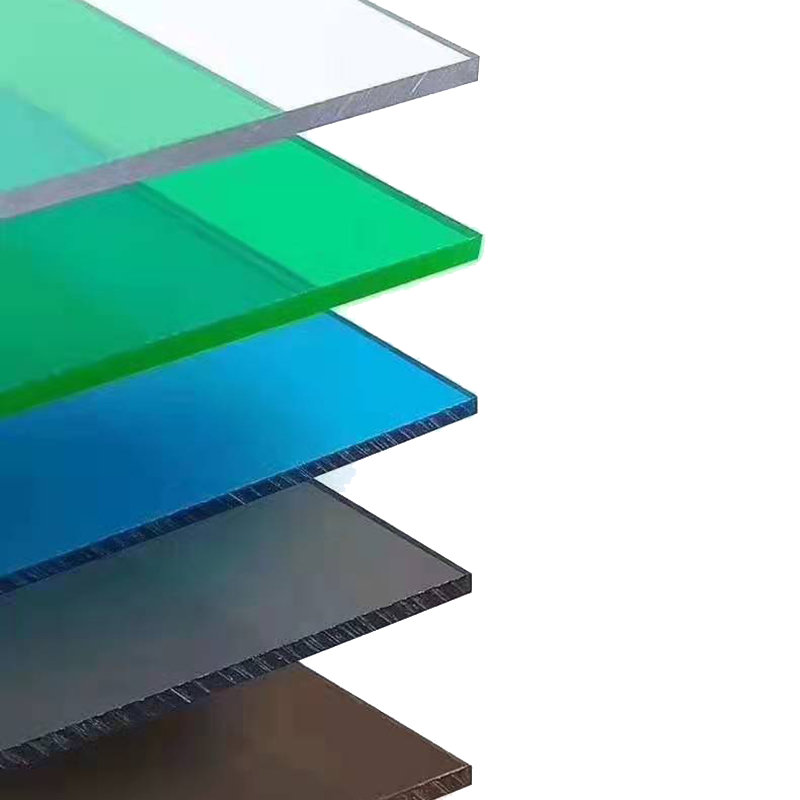
Chuanya Roof Tile, which is specialized in the production of PC Endurance Panel/...
See Details -
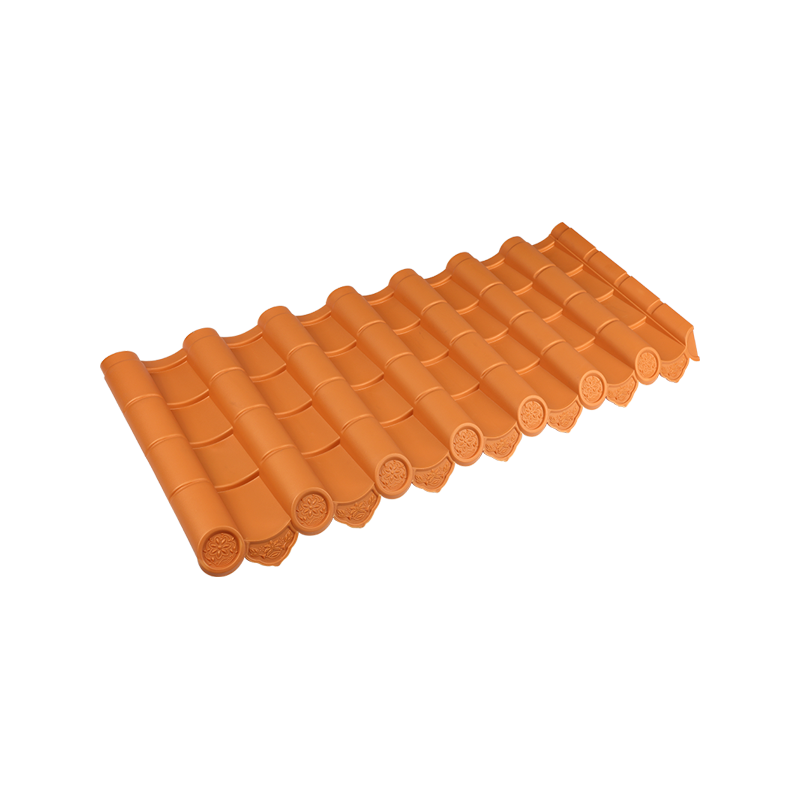
The antique integrated tile (PP resin) with a durable life of 3-15 years is a ki...
See Details -
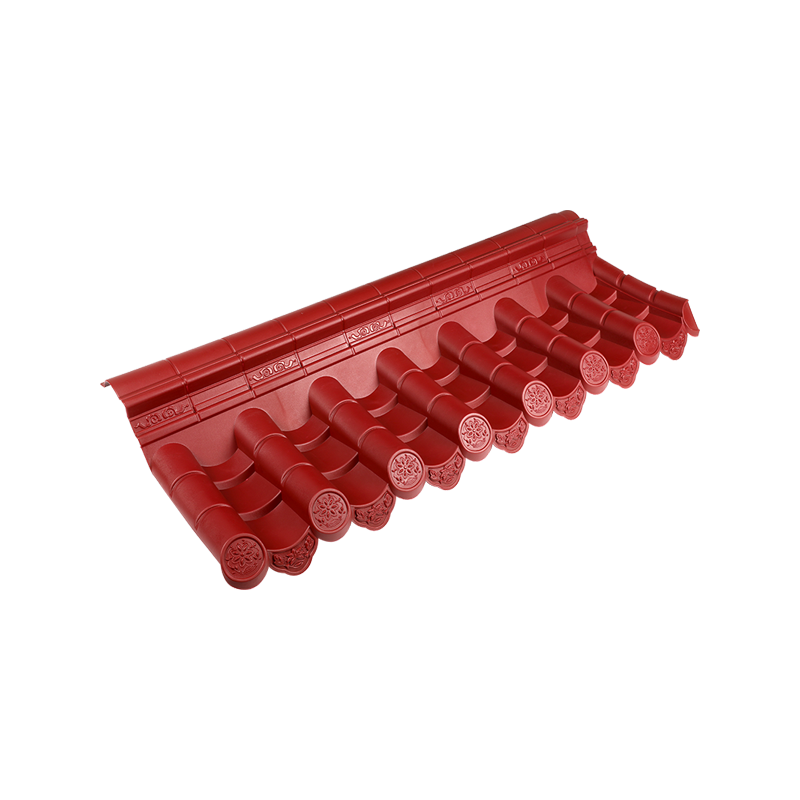
PP Chinese wall tile with a durable life of 3-15 years, commonly used thickness ...
See Details

Hangzhou Chuanya Building Materials Co., Ltd. is a one-stop factory for building material
Learn More-
 Email:
Email:
Terry Q. [email protected]
Huryson Daniel [email protected]
Ota Wudy [email protected]
Sara Pryson [email protected]
Adam Alen [email protected]
-
 Phone:
Phone:
Terry Q. +86 188 1484 7738
Huryson Daniel +86 181 4347 3370
Ota Wudy +86 157 5865 0762
Sara Pryson +86 133 2573 7508
Adam Alen +86 173 7033 3356
-
 Adress:
Adress:
No. 1, Hongqi Village Industrial Park, Xucun Town, Haining City, Jiaxing City, Zhejiang Province, China
Copyright © Hangzhou Chuanya Building Materials Co., Ltd. All Rights Reserved. Environmentally Friendly Roofing Materials Suppliers




 English
English Español
Español عربى
عربى

